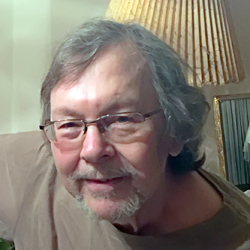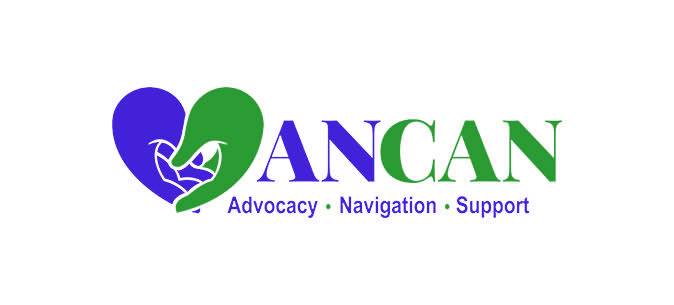
Is it possible to know too much? Of course not! That’s a rhetorical question.
Knowledge is always a good thing — almost always, anyway. We accumulate knowledge with each day of life. We learn and gather information from a variety of sources (our parents and teachers, books, educational seminars, friends and coworkers, the media and even — gasp — the Internet). But you already knew that, didn’t you?
Unfortunately, our sources of information aren’t always correct – even if well-meaning. Some information is incomplete while some is just plain wrong. More likely, though, it becomes outdated and obsolete. Technology marches on, sometimes faster than our ability to grasp it. So we must be careful.
Sometimes though, it can be overwhelming and, unfortunately, this can lead to frustration. We can even use it to make bad decisions if we’re not prudent. This is especially true of medical knowledge.
By its very nature, medical information is often complex and obtuse – especially to the Everyday Joe like you and me. Even highly educated physicians and researchers can get overwhelmed. That’s one of the reasons we see so much specialization these days. You wouldn’t go to your dentist to fix your broken leg, would you? Likewise, you wouldn’t want your cardiologist to fix your toothache. At least, I wouldn’t. Sadly, the days of Marcus Welby, M.D. are long gone.
The more complex our medical problem, the more we need a specialist. We can only hope that he or she keeps up with the latest published research. This is where our own knowledge can be priceless. We may not know or understand all the specifics but we can know enough to go in well-armed. At the very least, we’ll know what questions to ask. Online virtual support groups like those offered by AnCan are a good place to start.
So, by all means, read and listen and learn but never assume you know it all. Keep your physician on his toes.
As Sgt. Esterhaus from TV’s Hill Street Blues would say “Hey! Let’s be careful out there.”

